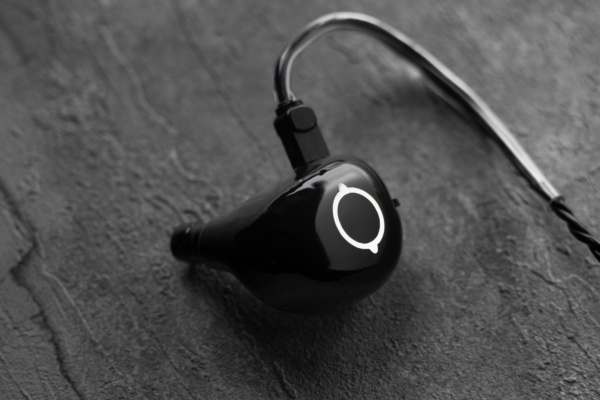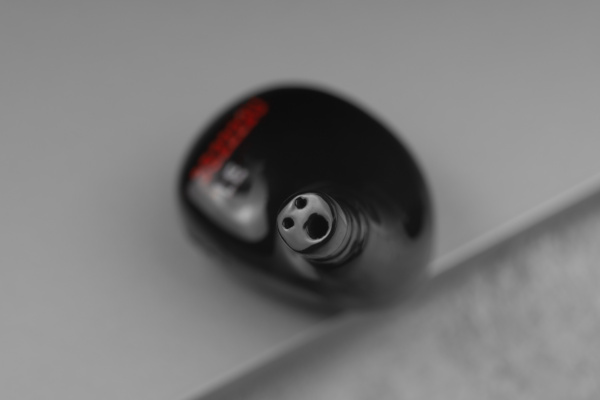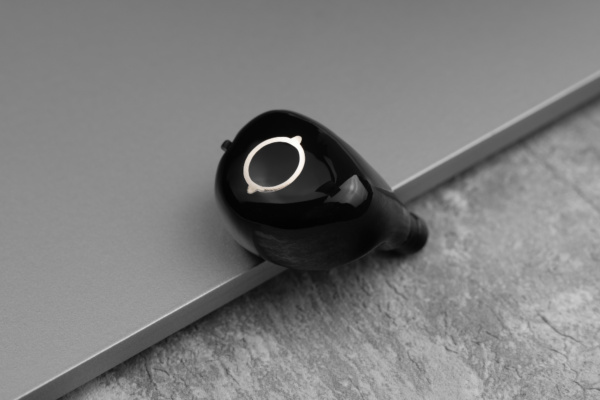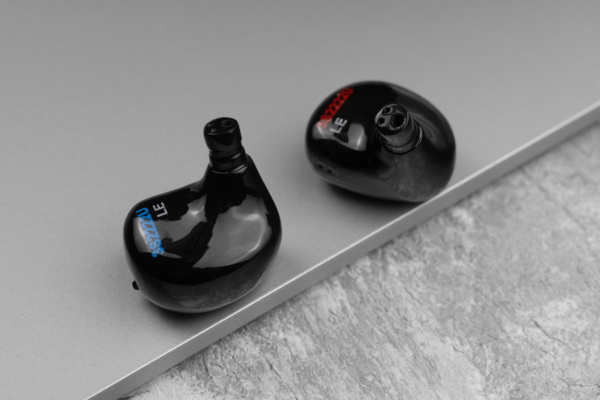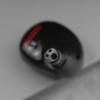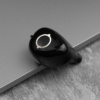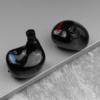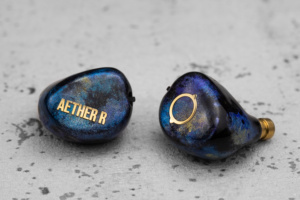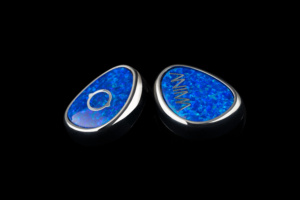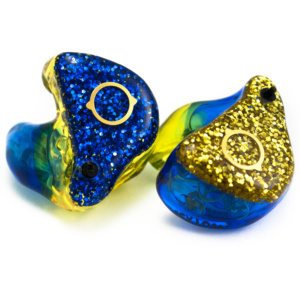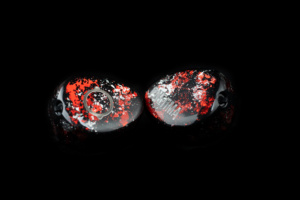Facts
- Three balanced armature driver construction
- Three-way passive crossover (Single low, single mid, single high)
- Two-bore acoustical design
Philosophy
The Ψ (psi) is the main axis to our designs. Being three-way, it was the starting point for others. When tuning this three-driver model we were aiming for the most pleasant musical sound resembling the classical hi-fi and pro-audio equipment from the 70’s and 80’s. Overall sound was meant to be extremely natural, a little bit laid back, balanced, full, pleasing, musical and very faithful in a monitor kind of way.
Tonality
Lows that are punchy and could get pretty big if the sound engineer had meant them that way. Soft mids, in their vocal range recessed just enough to avoid nasal sound and sharp enough in higher part of the band to maintain punch in snares or grain in distorted guitars. Due to the unique acoustical tuning, highs were kept crispy but not harsh.
Space
Extremely natural soundstage width and depth. Great but not obtrusive source separation and natural, coherent imaging.
The Switch
The switch controls the bass and lower mids (below 1000Hz). You can also use it to make changes depending on:
- the listening level – to make use of the Fletcher-Munson law (for lower listening levels, bass can be boosted to make it better audible)
- the level and quality of bass in the recording (if the bass is well recorded, it can increase its strength. On the other hand, if the material is not properly mixed and lows are becoming boomy and get out of control, they can be trimmed down)
- the external noise levels (if you are using your monitors in a noisy environment: airplane, subway, etc., where the low-end noise masks the lows, you might want to switch them up).

